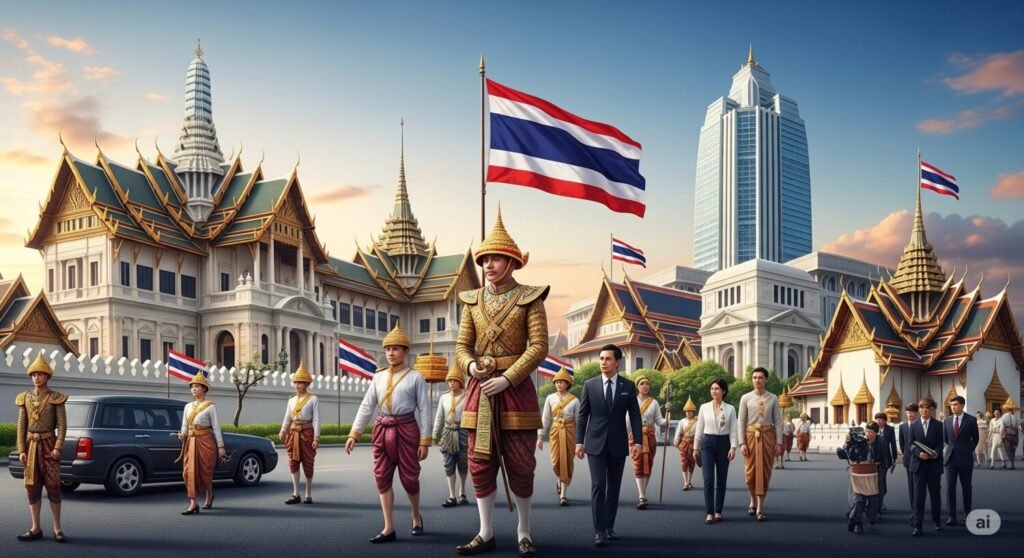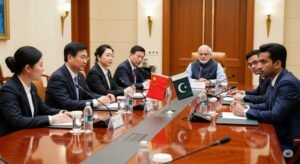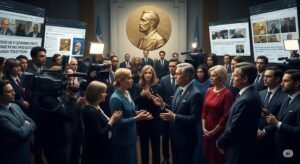Thailand’s political landscape just shifted dramatically with the PM’s suspension. Unpack the reasons behind this pivotal court ruling.
The political scene in Thailand has once again taken a dramatic turn, capturing headlines and sparking discussions across the globe. In a significant development, Thai Prime Minister Paetongtarn Shinawatra has been suspended from her duties by the country’s Constitutional Court. This decision, effective July 1st, has sent ripples through the nation, raising questions about stability and the path forward for the Southeast Asian country.
The Core of the Controversy
At the heart of this suspension lies a probe into the Prime Minister’s conduct, specifically concerning a diplomatic dispute with neighboring Cambodia. A group of conservative senators initiated the case, accusing Paetongtarn Shinawatra of breaching ministerial ethics. This isn’t just about a disagreement; it’s about alleged actions that, according to the senators, undermine the integrity required of a national leader.
The key incident that triggered this legal challenge revolves around a leaked phone call. During a period of heightened cross-border tensions with Cambodia, which even saw a Cambodian soldier killed in May, the Prime Minister reportedly contacted Cambodian statesman Hun Sen. In this conversation, she allegedly referred to Hun Sen as “uncle” and a Thai military commander as her “opponent.”
Why the “Uncle” Call Caused a Stir
For a U.S. audience, understanding the nuance of this situation is crucial. In many Asian cultures, using terms like “uncle” can signify a close, respectful, or even subordinate relationship. While seemingly innocuous to an outsider, in the context of high-stakes international diplomacy and a long-standing territorial dispute, this informal address raised eyebrows among conservative lawmakers.
The accusations against the Prime Minister are serious:
- Kowtowing to Cambodia: Critics suggest her tone and language in the call indicated an inappropriate deference to Cambodia, potentially compromising Thailand’s position in the border dispute.
- Undermining the Military: Referring to a Thai military commander as an “opponent” was seen as directly undermining the military’s authority and role in national security, especially during a sensitive period.
- Breaching Ethical Standards: The core of the legal challenge rests on allegations that she violated constitutional provisions demanding “evident integrity” and “ethical standards” from ministers.
The Court’s Decision and What’s Next
The Constitutional Court’s decision was not unanimous, with a majority of 7-2 voting to suspend Paetongtarn from her prime ministerial duties. This suspension is temporary, lasting until the court issues its final ruling on the matter. This means the political uncertainty will linger as the nation awaits the court’s ultimate judgment.
This event underscores the complex interplay of politics, law, and cultural norms in Thailand. For observers in the United States, it highlights how seemingly small details, like a leaked phone call, can have profound implications for a nation’s leadership and its international standing. The coming weeks will be critical as Thailand navigates this period of political flux, with all eyes on the Constitutional Court for its final verdict.











